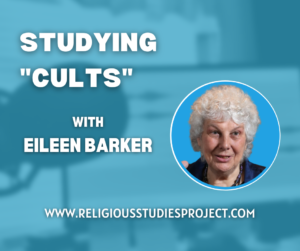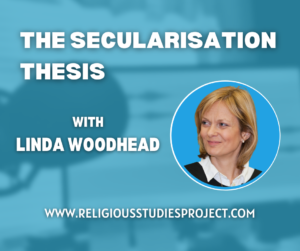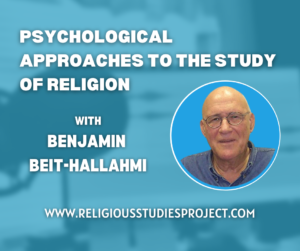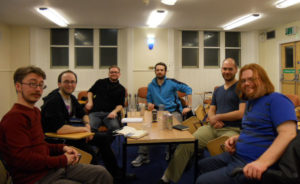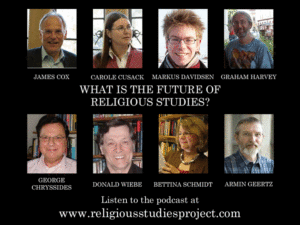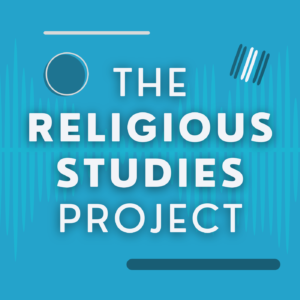
Tariq Modood on the Crisis of European Secularism
Secularism – the separation of religion and state – has been a central narrative in the European political sphere since the Enlightenment. But with renewed calls in some countries to affirm a Christian identity, and problems in accommodating some Muslim communities, is Western secularism under threat?

